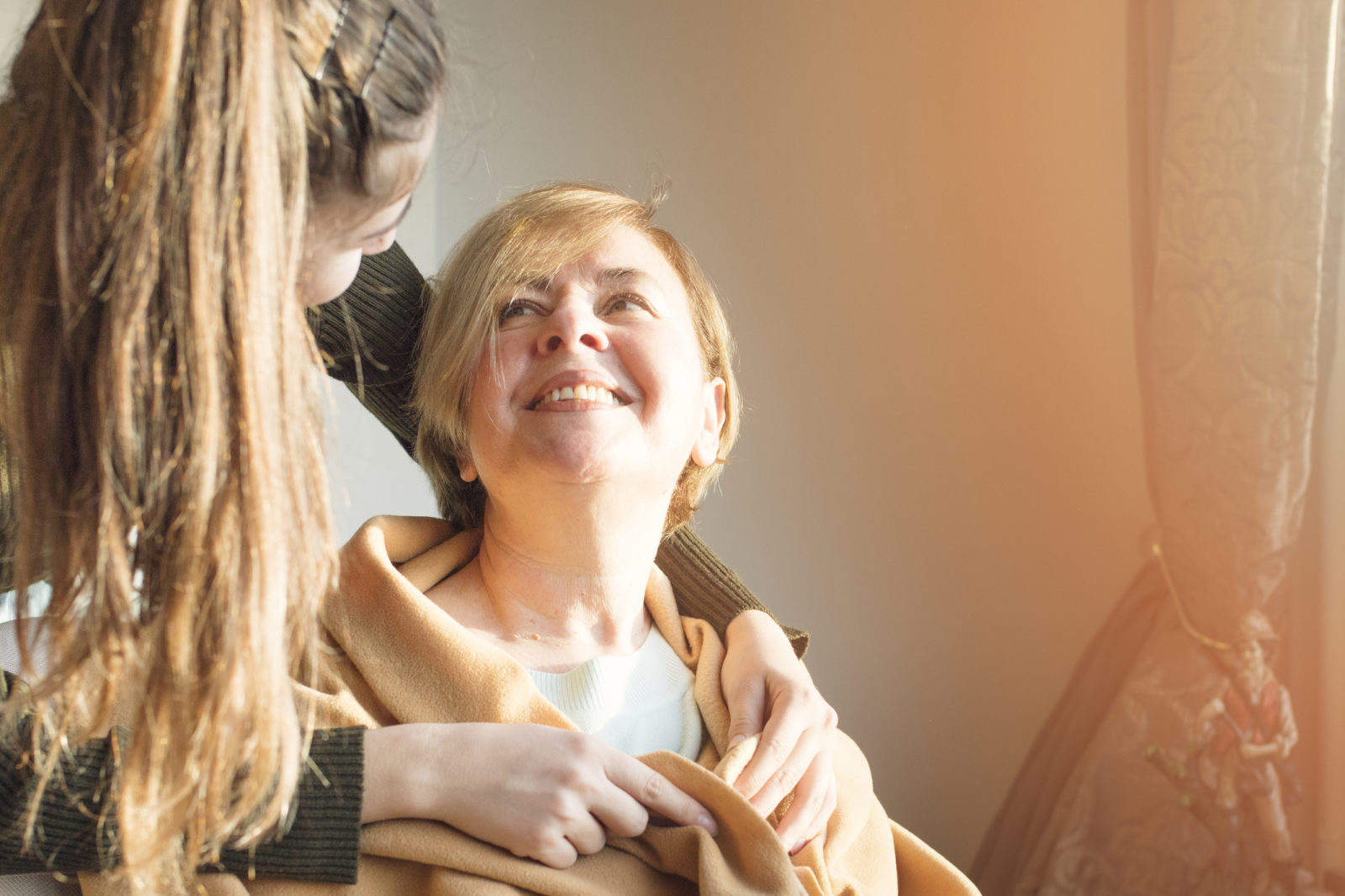The Importance of Palliative Care in Achieving Better Health Outcomes

Palliative care is a medical approach that focuses on improving an individual’s quality of life through pain and symptom management. It seeks to improve a person’s physical, emotional and spiritual well-being and, unlike hospice care, palliative care can be used in conjunction with curative treatment.
And yet there is still a pervasive misunderstanding about what palliative care is among many patients and family members. People often panic when they hear a doctor or nurse mention palliative care, because they mistakenly believe it means their healthcare provider has given up on helping cure their disease.
A study published in the Canadian Medical Association Journal found that even patients who had benefited from palliative care felt stigmatized because palliative care is associated with the end of life. For this reason, many people avoid asking about or seeking out palliative care, because they don’t want to be seen as “giving up.” This has led many healthcare professionals to believe that palliative care needs to be “rebranded” to make it more palatable to those who could benefit from it.
Even with the confusion, there is no denying palliative care’s track record in improving – and even extending – life. In a study involving cancer patients throughout the country, researchers discovered that patients who received palliative care early on, along with standard treatment for advanced cancer, reported having a better quality of life and mood than those who did not receive palliative care. Another study had similar findings and also showed that patients who received palliative care lived, on average, three months longer than those who didn’t receive such care.
But the good news doesn’t stop there. In a more recent study, published in the Journal of the American Medical Association, researchers discovered that palliative care not only improves quality of life, it shortens hospital stays and lowers medical costs. One study found that palliative care saved patients who were eventually discharged an average of $1700.
What almost everyone agrees on is that palliative care is most effective when started early on – preferably when a diagnosis is made. In a study of women with breast cancer, 63 percent of the patients who started palliative care immediately after diagnosis were alive after one year, while only 48 percent of the patients who started palliative care three months after diagnosis were alive after one year.
In addition to helping patients, palliative care also helps caregivers. In the same study noted in the paragraph above, researchers discovered that caregivers who were caring for people who started palliative care immediately after diagnosis had much lower depression scores than caregivers caring for people who started palliative care three months later.
Sadly, many healthcare providers are not trained in palliative care and, therefore, may not discuss it with their patients. In 2015, only 6,500 physicians were board certified in hospice and palliative care. Therefore, patients often need to be the one to bring the topic to the table.
Pathways Care Solutions can help
Both founders of Pathways Care Solutions, Patricia Lombreglia and Laura Holly-Dierbach, have advanced graduate-level certifications in Palliative Nursing from the prestigious University of Colorado College of Nursing, considered to be one of the best palliative care courses in the country. Patricia and Laura can help determine the root cause of your pain and put you in touch with professionals in the area who are experts in palliative care. If you would like to experience the benefits of palliative care for yourself, please give us a call.
![PATHWAYS Care Solutions, LLC [logo]](https://www.pathwayscaresolutions.com/wp-content/uploads/sites/207/2016/10/logo-new-oct4.jpg)
![PATHWAYS Care Solutions, LLC [logo]](https://www.pathwayscaresolutions.com/wp-content/uploads/sites/207/2016/08/new-logo.png)